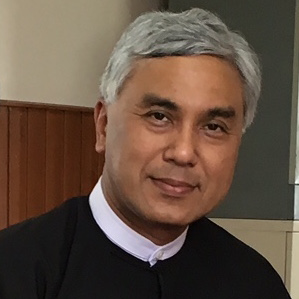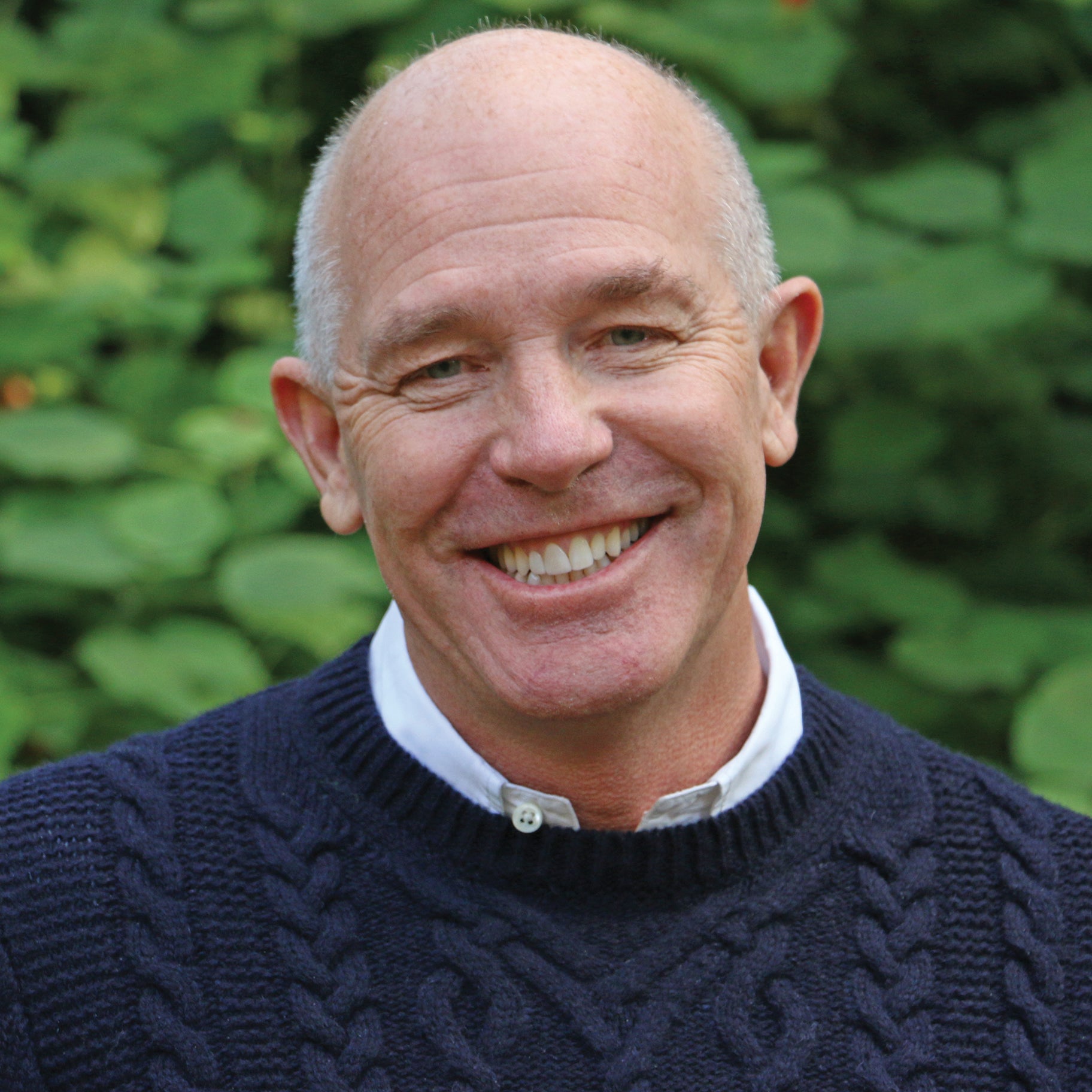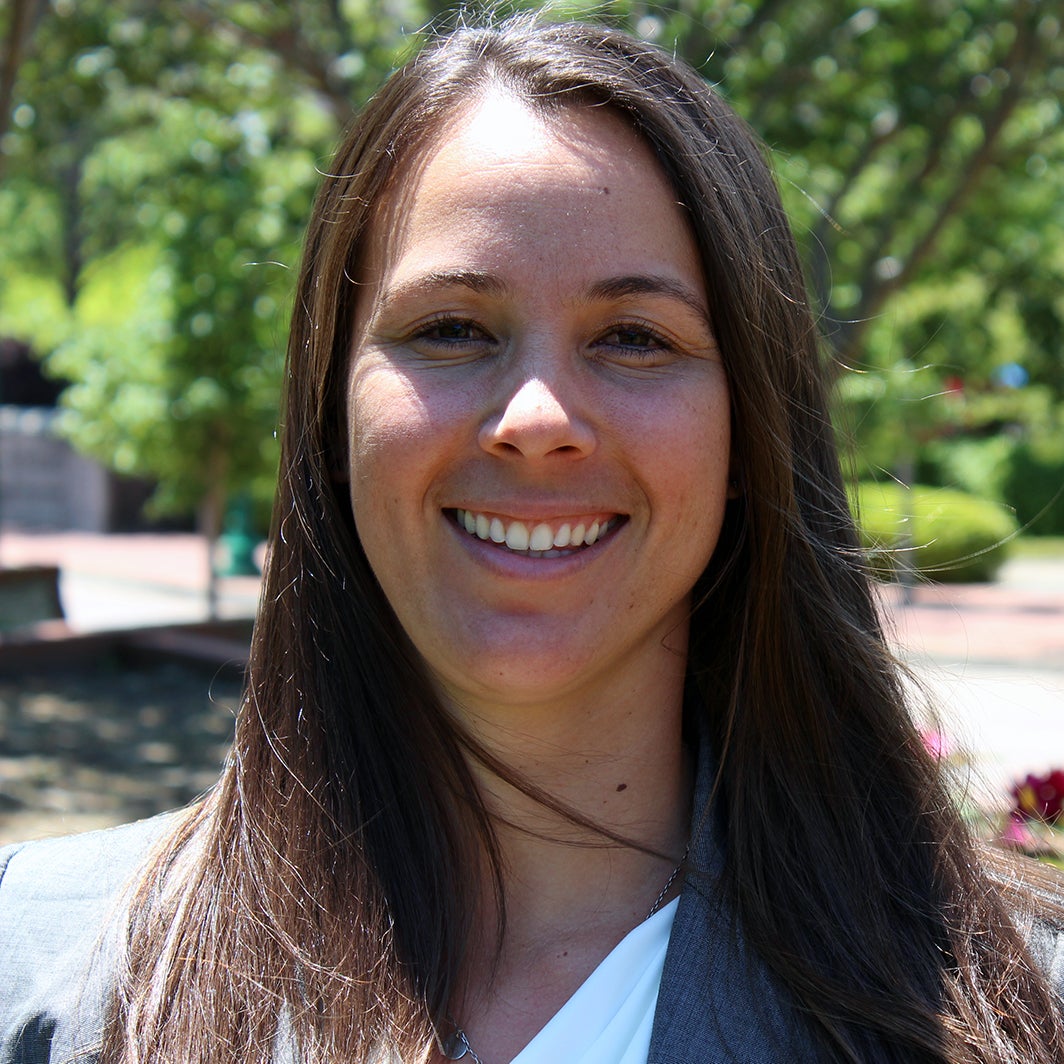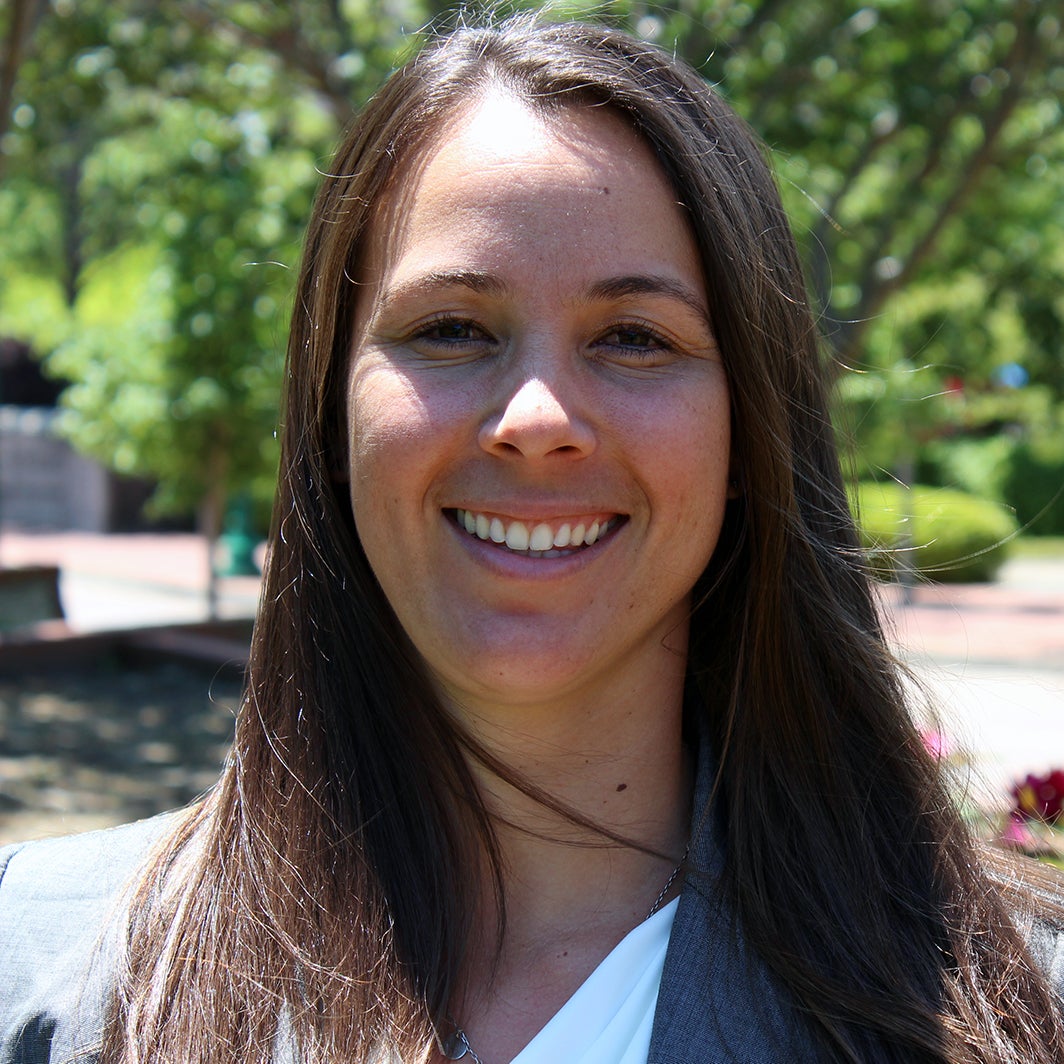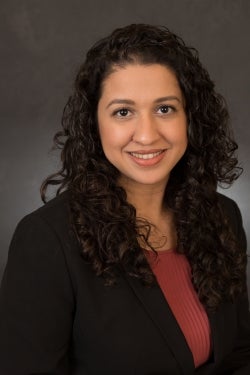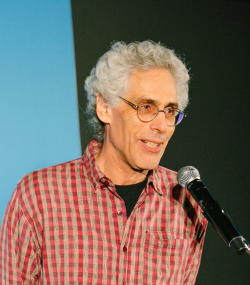
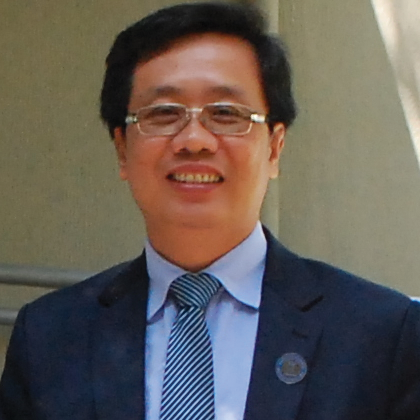 Class of: 2003
Class of: 2003
Departments: Epidemiology
The UCLA Fielding School of Public Health Alumni Hall of Fame was established in 2002 to honor alumni with outstanding career accomplishments in public health, as well as those who have volunteered time and talent in their communities in support of public health activities. These are the 2018 inductees:
Inductee
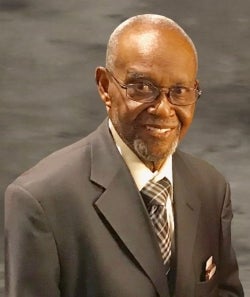
Class of: 1973
Lester Breslow Lifetime Achievement Award
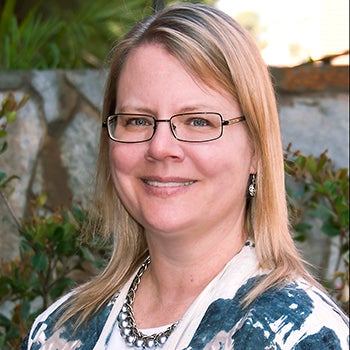 Class of: 1996
Class of: 1996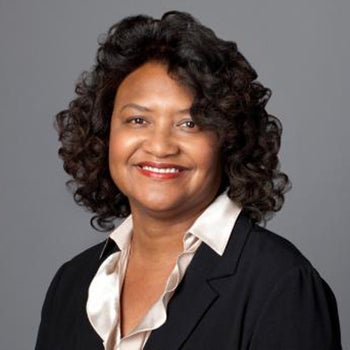 Class of: 1990
Class of: 1990